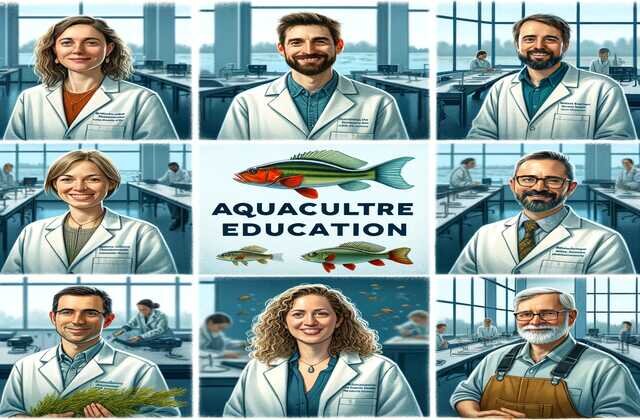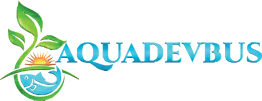
Aquaculture, often referred to as aquatic farming, is the practice of breeding, raising, and harvesting fish, shellfish, algae, and other organisms in various water environments including ponds, rivers, lakes, and the ocean. This sector plays a pivotal role in the global food system, contributing significantly to nutritional security, economic growth, and sustainable food production.
The Essence of Aquaculture
At its core, aquaculture is about more than just the cultivation of aquatic organisms; it represents a harmonious blend of tradition, innovation, and sustainability. By mimicking natural processes in controlled environments, aquaculture ensures the efficient use of resources, thereby producing food and raw materials in a manner that can reduce the pressure on over-exploited fisheries and contribute to the conservation of biodiversity.
Global Food Security
As the world’s population continues to grow, so does the demand for protein-rich food. Aquaculture has emerged as a vital solution to this challenge, offering a reliable source of high-quality protein. It is one of the fastest-growing food sectors globally, accounting for more than 50% of the world’s seafood consumption. This growth is not just a testament to aquaculture’s potential in feeding the hungry planet but also highlights its role in bolstering economies, especially in rural and coastal communities.
The Role of Education in Aquaculture
Education in aquaculture plays a crucial role in sustaining and expanding this growth. Through comprehensive curricula that encompass both theoretical knowledge and practical skills, educational programs in aquaculture prepare students to address the challenges of modern aquaculture practices, including environmental management, disease control, and the implementation of sustainable farming techniques.
Educational initiatives in aquaculture also foster innovation by encouraging research and the development of new technologies. These advancements can lead to more efficient production methods, improved species diversity, and better management practices, all of which are essential for the long-term sustainability of aquaculture.
Moreover, education in aquaculture promotes a deeper understanding of the ecological and social impacts of aquaculture practices. It equips future professionals with the skills and knowledge necessary to balance economic growth with environmental stewardship, ensuring that aquaculture continues to be a force for positive change in the global food system.
Conclusion
Aquaculture’s role in the global food system is undeniable. It offers a sustainable solution to meet the world’s increasing food demands while providing economic opportunities and supporting conservation efforts. The advancement of aquaculture practices through education is paramount to achieving these goals. By investing in aquaculture education, we are not only enhancing the sector’s productivity and sustainability but also empowering the next generation of aquaculture professionals to make meaningful contributions to our world.

